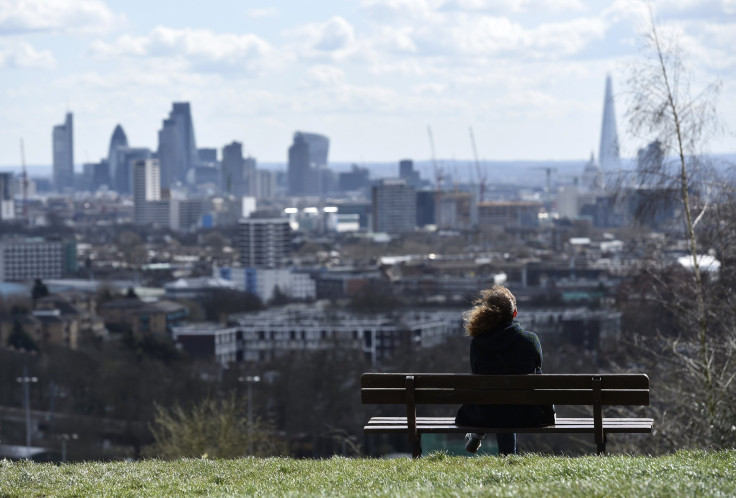Britain's Recovery Slows Sharply In Pre-Election Setback For Government

(Reuters) - Britain's economy slowed more sharply than expected in the first three months of 2015, a setback for Prime Minister David Cameron who has staked his campaign for re-election next week on the strength of the recovery.
Gross domestic product grew by 0.3 percent in the January-March period, the Office for National Statistics said on Tuesday. It was the slowest quarterly growth since the end of 2012 when there were fears Britain was heading into recession.
The growth was half that of the last three months of 2014 and below the median forecast for only a marginal slowdown to 0.5 percent in a Reuters poll of economists.
The pound weakened against both the dollar and euro, and British government bond prices rose.
Finance Minister George Osborne said the data showed recovery in Britain could not be taken for granted and sought to argue persuade voters it meant they should stick with the Conservative Party.
"GDP figures show future of the economy is on the ballot paper," Osborne wrote on Twitter. "Now is worst possible time to vote for instability at home."
The preliminary reading of GDP is largely an estimate and the figures are often revised. The chief economist at the ONS, Joe Grice, warned against reading too much into the data.
But coming just nine days before the May 7 election, the slowdown will be seized upon by Labour which has been running neck-and-neck with Cameron's Conservatives in opinion polls.
The Conservatives' campaign message has been dominated by references to the successes of their "long-term economic plan" and calls on voters to give them another term in office to finish off the job of fixing Britain's public finances.
Labour is focused on what it calls Britain's cost-of-living crisis after wages failed to keep pace with inflation throughout most of the five years since Cameron became prime minister.
SERVICES SLOWDOWN
Britain's economy was 2.4 percent bigger than it was in the first quarter of last year, the ONS said. The Reuters poll had forecast annual growth of 2.6 percent.
Strong private-sector surveys of business had led most economists to predict only a moderate slowdown.
Britain's economy is now 4.0 percent larger than its peak before the financial crisis, and 8.4 percent bigger than when Cameron's Conservative-led coalition came to power in May 2010.
The weak first-quarter growth contrasts with an upbeat tone from the Bank of England at its latest monetary policy meeting.
Most economists expect the economy to keep its momentum in 2015 after last year's growth of 2.8 percent, which was the strongest among the Group of Seven industrialized nations.
"The news that the UK's economic recovery slowed sharply in the first quarter clearly won't help the coalition parties (Conservatives and Liberal Democrats), but the slowdown should just be temporary," Vicky Redwood, chief UK economist at consultancy Capital Economics, said.
Household incomes were on track to show their strongest growth since 2006, helped by low inflation, she said.
But some economists have said an inconclusive outcome of next week's elections could hurt confidence and slow investment.
© Copyright IBTimes 2025. All rights reserved.





















